A new national survey, commissioned by the Bradford-based charity Better Communities Bradford (BCB), reveals a disturbing trend: Muslims are the most frequent victims of religion-based hate crimes in the United Kingdom. The findings, from a survey conducted in June 2025 by Research Without Barriers, provide fresh and compelling evidence of deeply embedded Islamophobia in British society, Daily Dazzling Dawn understands.
The survey found that 22% of respondents believe Muslims experience the highest levels of harassment and defamation compared to any other religious group. This perception is tragically borne out by official data from the UK Home Office, which shows that while Muslims make up only 6.5% of the population, they are the targets of a staggering 42% of all religious hate crimes. This disproportionate victimization is a persistent and growing problem. Data from the monitoring group Tell Mama UK further supports this, with 4,971 anti-Muslim incidents recorded in the year leading up to September 2024, the highest annual total in 14 years.
The normalization of prejudice is a key theme in the survey's findings. More than one-third of participants reported witnessing anti-Muslim behavior or remarks at work or school, while one in ten said such incidents occur regularly. The survey also found that nearly half of respondents encounter the most Islamophobic content on social media, highlighting the role of online platforms in fueling hatred.
Abbas Najib, CEO of Better Communities Bradford, described the trend as "the inevitable result of the consistent, methodical racism exhibited by sections of the media and political class against Muslims." He emphasized that "Islamophobia in the UK isn't a fringe problem; it reflects deep structural prejudice, political and media manipulation, and the deliberate promotion of misinformation."
In response to these alarming trends, BCB has announced a new national initiative, "Unity," which will focus on combating Islamophobia through evidence-based education and dialogue in schools, universities, and public institutions.
Impact on British Muslim, British South Asian, and British Bangladeshi Communities-The rising tide of Islamophobia has a profound and multi-faceted impact on British Muslim communities, particularly those of South Asian and Bangladeshi heritage, who make up a significant portion of the UK's Muslim population. This systemic hatred affects their daily lives, sense of safety, and overall well-being. The constant threat of harassment and discrimination leads to heightened anxiety and a feeling of being 'othered.' For many, especially visibly Muslim women who wear the hijab, this translates to feeling unsafe in public spaces. The normalization of anti-Muslim rhetoric can also lead to internalized prejudice, affecting mental health and a sense of belonging.
The prejudice also creates tangible disadvantages. Studies have found that job applicants with "Muslim-sounding" names are significantly less likely to be offered an interview. This "ethnic penalty" affects employment rates and career progression, adding another layer of systemic barrier for communities that have historically faced economic disparities. The feeling of being targeted and misunderstood can also erode trust in political institutions and law enforcement, leading to a reluctance to report hate crimes and masking the true scale of the problem.
Main Reasons Behind the Rise-Experts and community leaders point to several interconnected factors for the persistent and growing issue of Islamophobia in the UK. A significant body of research points to the role of certain media outlets and political figures in perpetuating negative stereotypes and associating Muslims with terrorism, extremism, and a perceived incompatibility with "British values." This has been described as a "manufactured culture war" that fuels public prejudice.
Furthermore, the absence of a universally accepted and legally binding definition of Islamophobia, in the same way that antisemitism is defined, has been a major barrier to addressing the issue effectively. The proliferation of unsubstantiated claims and conspiracy theories about Muslims and immigrants on social media platforms provides a fertile ground for hatred to grow. Geopolitical events are also often conflated with the identities and actions of British Muslims, leading to spikes in hate incidents. For example, recent data indicates a sharp increase in hate crimes against both Jewish and Muslim communities following the conflict in Israel and Palestine.
While the primary responsibility for tackling systemic racism lies with institutions and policymakers, British Muslim communities are proactively working to address Islamophobia. Fostering strong relationships with other faith groups and non-Muslims is key, and initiatives like mosque open days and community events help to demystify Islam and build bridges based on shared values. Grassroots organizations like Better Communities Bradford and Tell Mama UK play a critical role in monitoring, reporting, and advocating for change.
Increasing civic and political engagement, including voter registration and engaging with local representatives, can ensure that the community's concerns are heard and reflected in policy-making. This includes advocating for the formal adoption of a definition of Islamophobia. Finally, community-led educational initiatives that provide accurate information about Islam and Muslim contributions to British society are vital for challenging prejudice. Developing and promoting positive narratives that showcase the diversity and richness of the British Muslim experience can help to combat negative stereotypes.
_3.jpg)
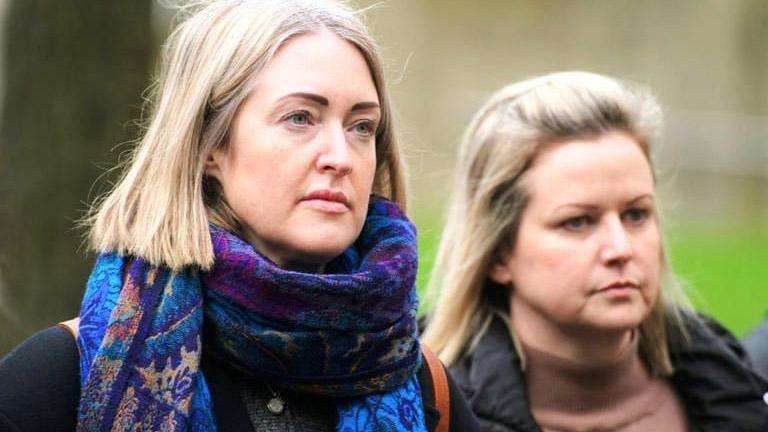
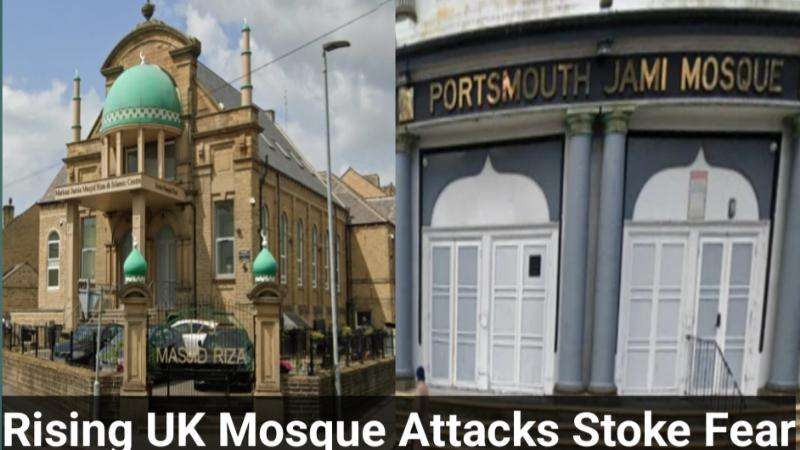

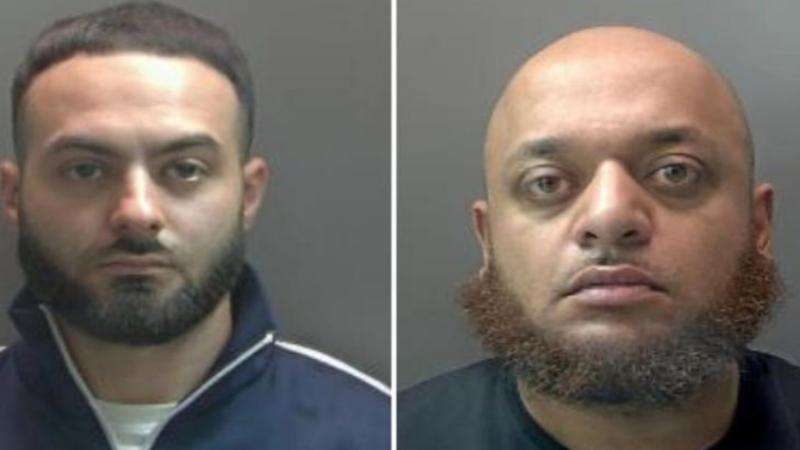



.svg)

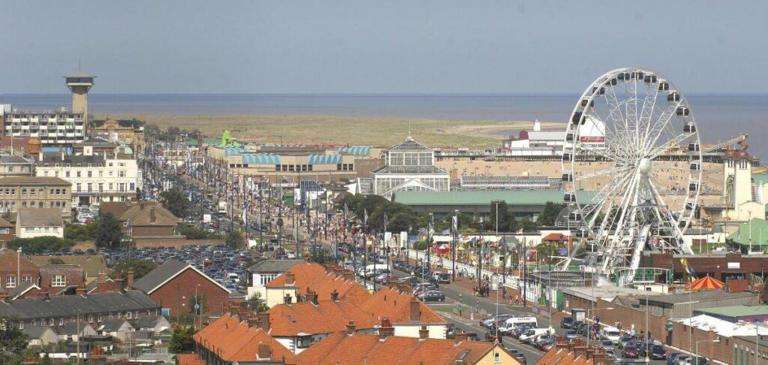
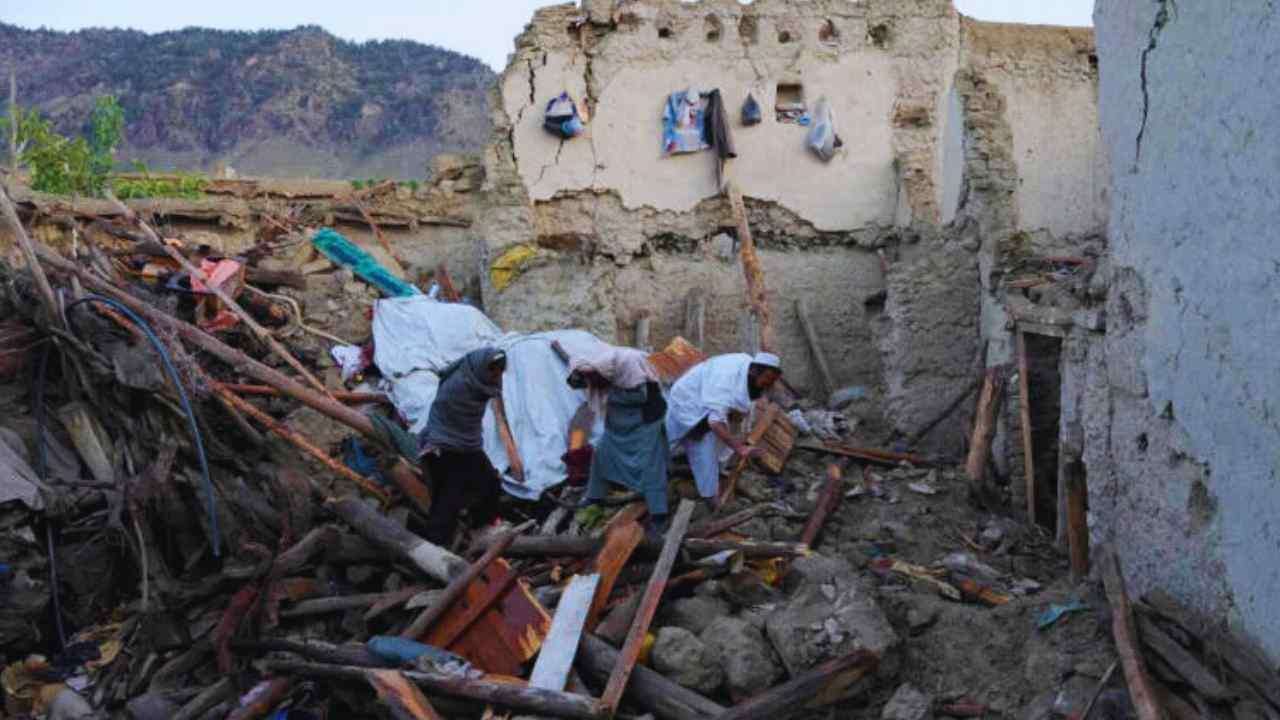
_1.jpg)
_3.jpg)